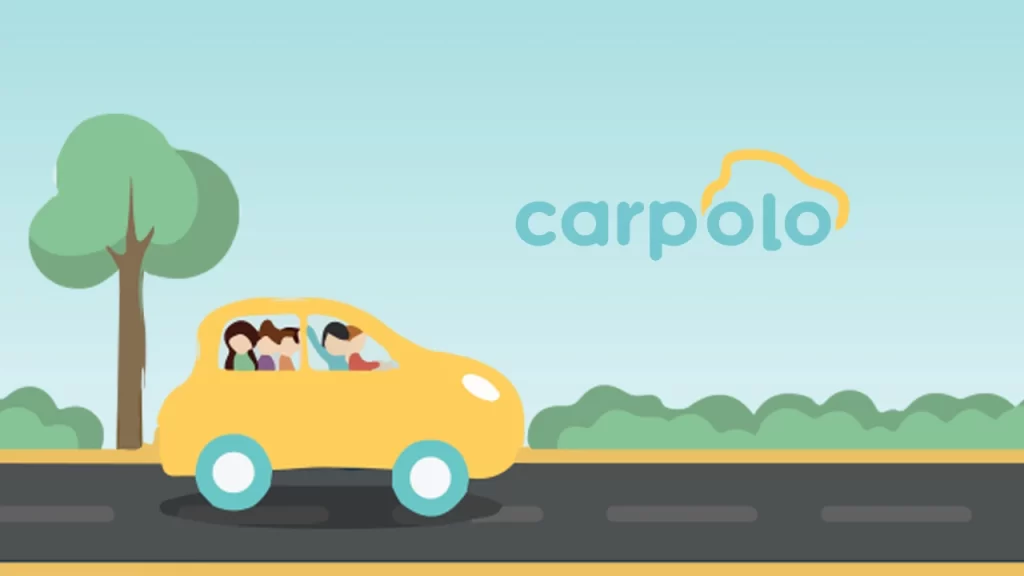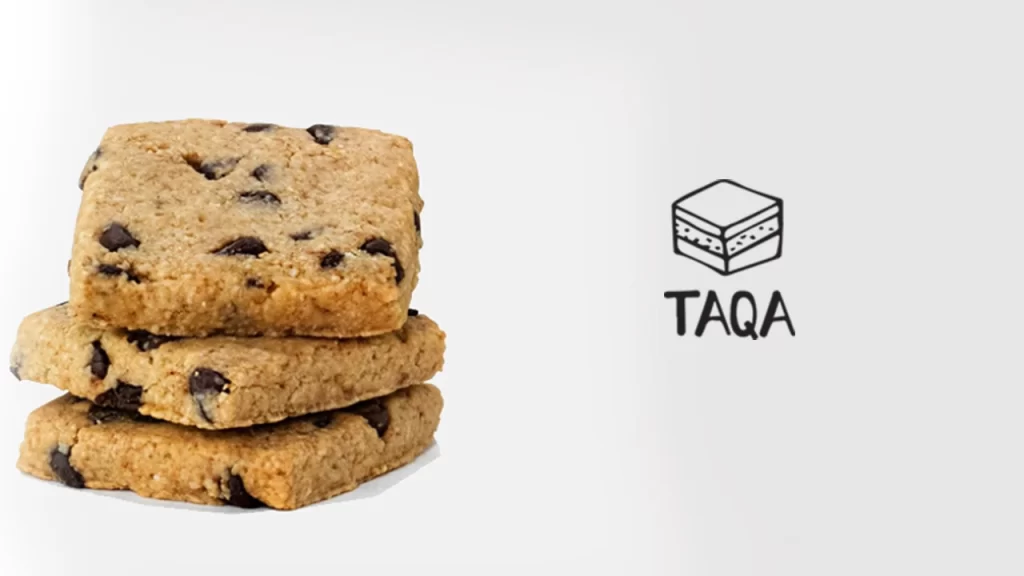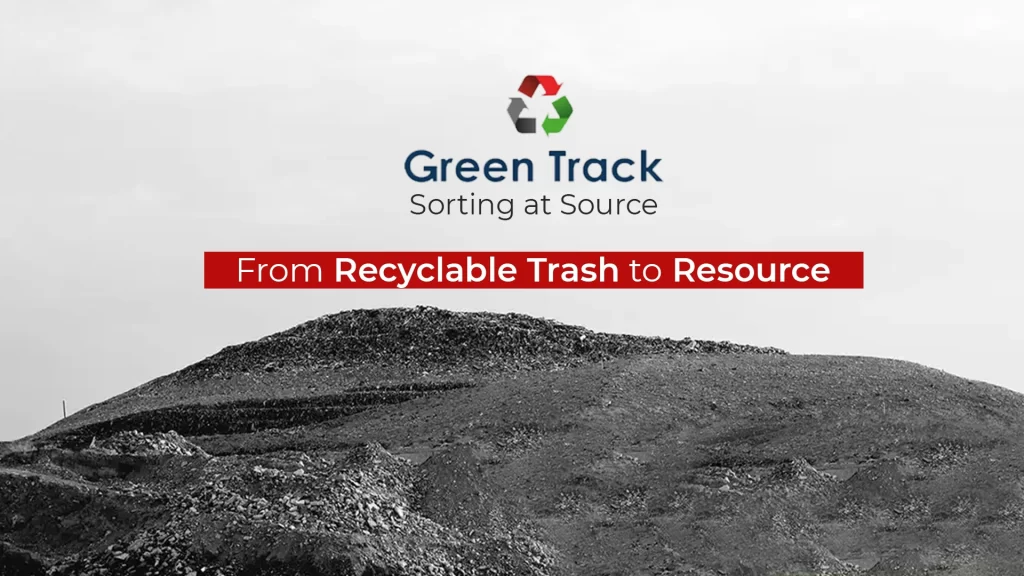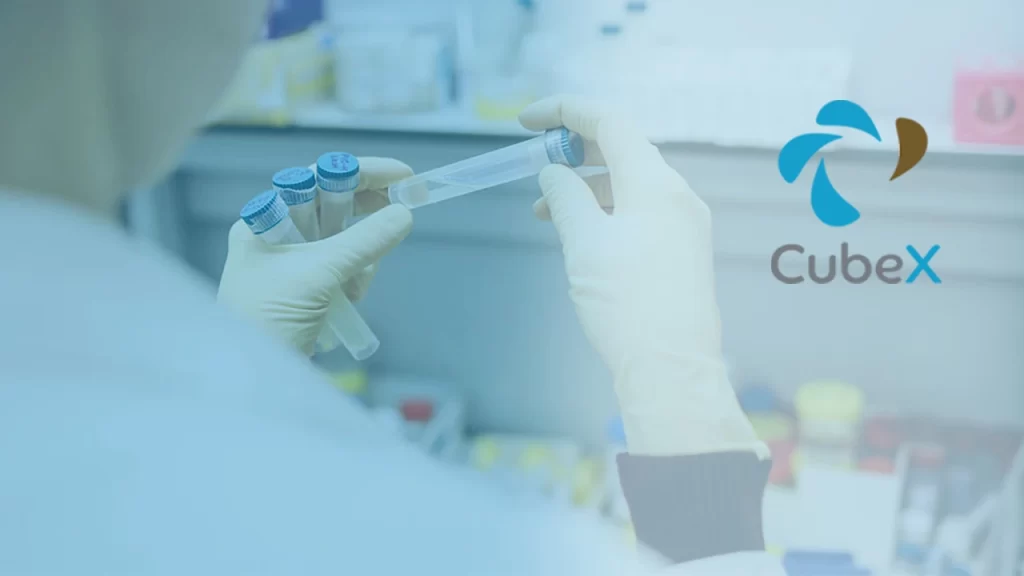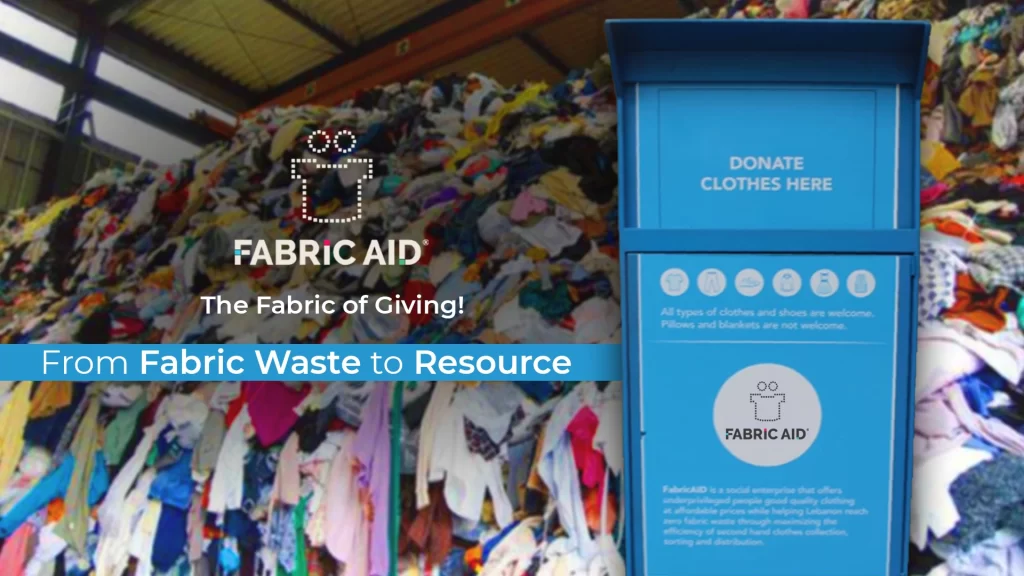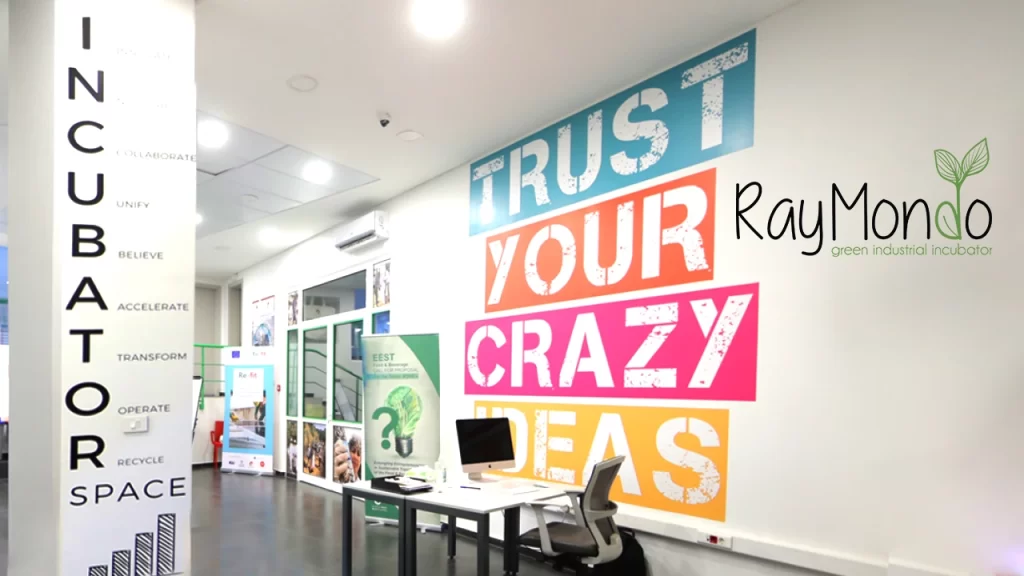
Electronics are integral to modern society, but electronic waste (e-waste) presents a complex and growing challenge in the path toward a circular economy — a more sustainable economic system that focuses on recycling materials and minimizing waste. The intention is to reduce waste and therefore pollution. At Ecoserv, products, parts, and materials are repaired, reused, cared for, and recycled. The environmental, economic, and social impact of e-waste is huge as technology is constantly evolving. Electronic devices contain dangerous metals and toxic materials, such as lead, mercury, and cadmium, that have an immediate impact on the environment through condensation leakages into arable land and ground-level water. In Lebanon, the effects of non-sorted and non-recycled e-waste are catastrophic. Crushed with organic and other solid waste, they are discarded in landfills and unofficial dumpsites. It should be noted that this type of waste could be a major contributor to forest fires and organic compost contamination.
Environmental, Economic & Social Impact:
- 150 drop zones and specialized bins all over Lebanon
- 700 tons of collected/diverted e-waste
- 700 tons of dismantled e-waste
- 550 tons of recycled e-waste
- 110 workshops & webinars conducted with universities and municipalities
- 1 mobile app
Interview With Ecoserv:
“Fondation Diane is one of the leading associations in Lebanon with a central vision of creating green eco-citizens and green well-equipped industrial hub, and building a platform to inform citizens about eco-friendly initiatives and markets today.” -Gaby Kassab, Founder of Ecoserv
Project’s Presentation and History:
Ecoserv is an NGO established in 2018 that focuses on electronic and other toxic waste. The e-waste harms are still grossly misunderstood by a large majority of the Lebanese population and constitute a big challenge to all institutions. Our mission is to create the needed awareness and lead on how to safely dispose of and recycle electronic waste.
How did the idea of a green business occur to you?
I am an industrial engineer by formation, with a Master’s in Econometrics and a Ph.D. in Strategic Planning. I experienced first-hand the numerous challenges of finding creative solutions for e-waste proper treatment and safe disposal. We aim to provide sustainable green solutions for the Lebanese society, especially in the field of technology and electronics.
How do you think green businesses can help Lebanon and its citizens?
Lebanon is in dire need of green businesses and initiatives to face all the environmental and economic challenges. We are firm believers that local communities can be major contributors to the circular economy and overall environmental outlook. Ecoserv is among the major players in actively focusing on awareness, social responsibility, and encouraging circular economy thinking bound to create much-needed green jobs.
How did you become a green entrepreneur?
E-waste is considered toxic and can become quite hazardous and a threat to human health and the environment if it is not disposed of properly. It has been grossly mismanaged so far in Lebanon. Contracted solid waste companies neither have the mandate nor the capability to handle e-waste, which ends up being crushed and haphazardly dumped in landfills.
Do you have a message for future entrepreneurs?
Ecoserv believes that Lebanon needs more disruptive environmental initiatives to better preserve what is left of the Lebanese natural, cultural, and green resources heritage. Future entrepreneurs must think outside the box and find workable methodologies to establish new specializations, expand and develop new markets, and hopefully find the strength and resolve to keep pushing forward for Lebanon, and never falter in the face of what sometimes feels like unsurmountable challenges.
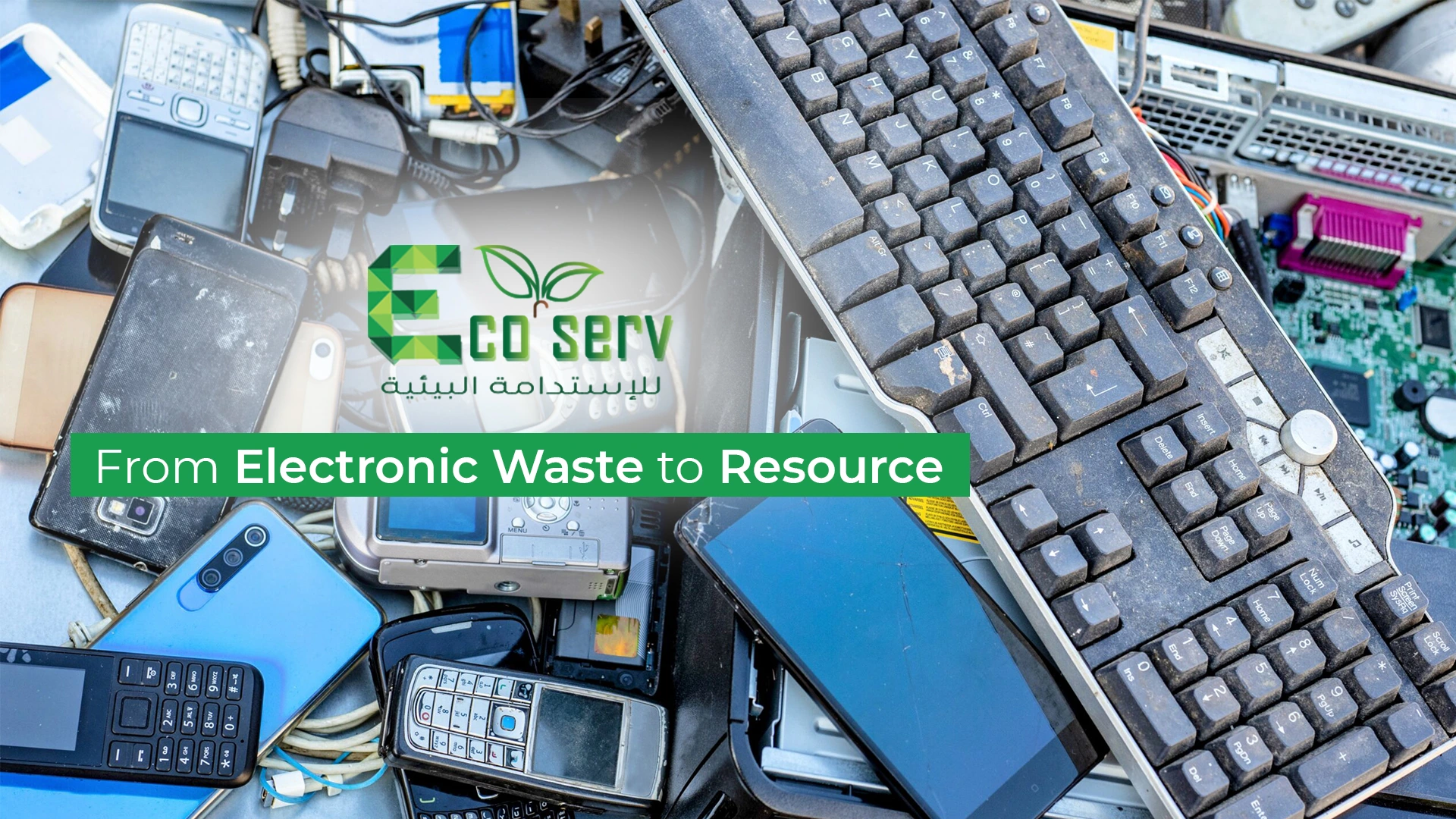
 Civic Awareness & Eco-sustainable Development
Civic Awareness & Eco-sustainable Development


